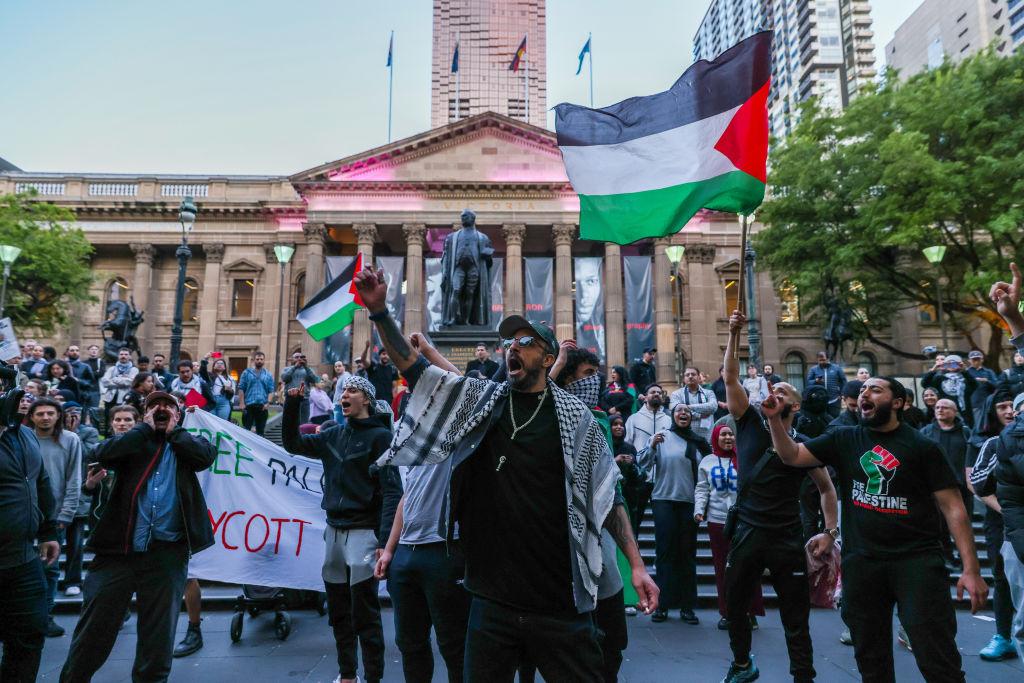Senator Fatima Payman’s resignation from the Labor Party has ignited debate about the capacity of political parties to represent people of different faiths, with Prime Minister Anthony Albanese and Opposition Leader Peter Dutton offering similar opinions on the issue, but expressing them differently.
Mr. Albanese emphasised that Labor was inclusive of all faiths, and that any move towards faith-based politics risked damaging national unity.





